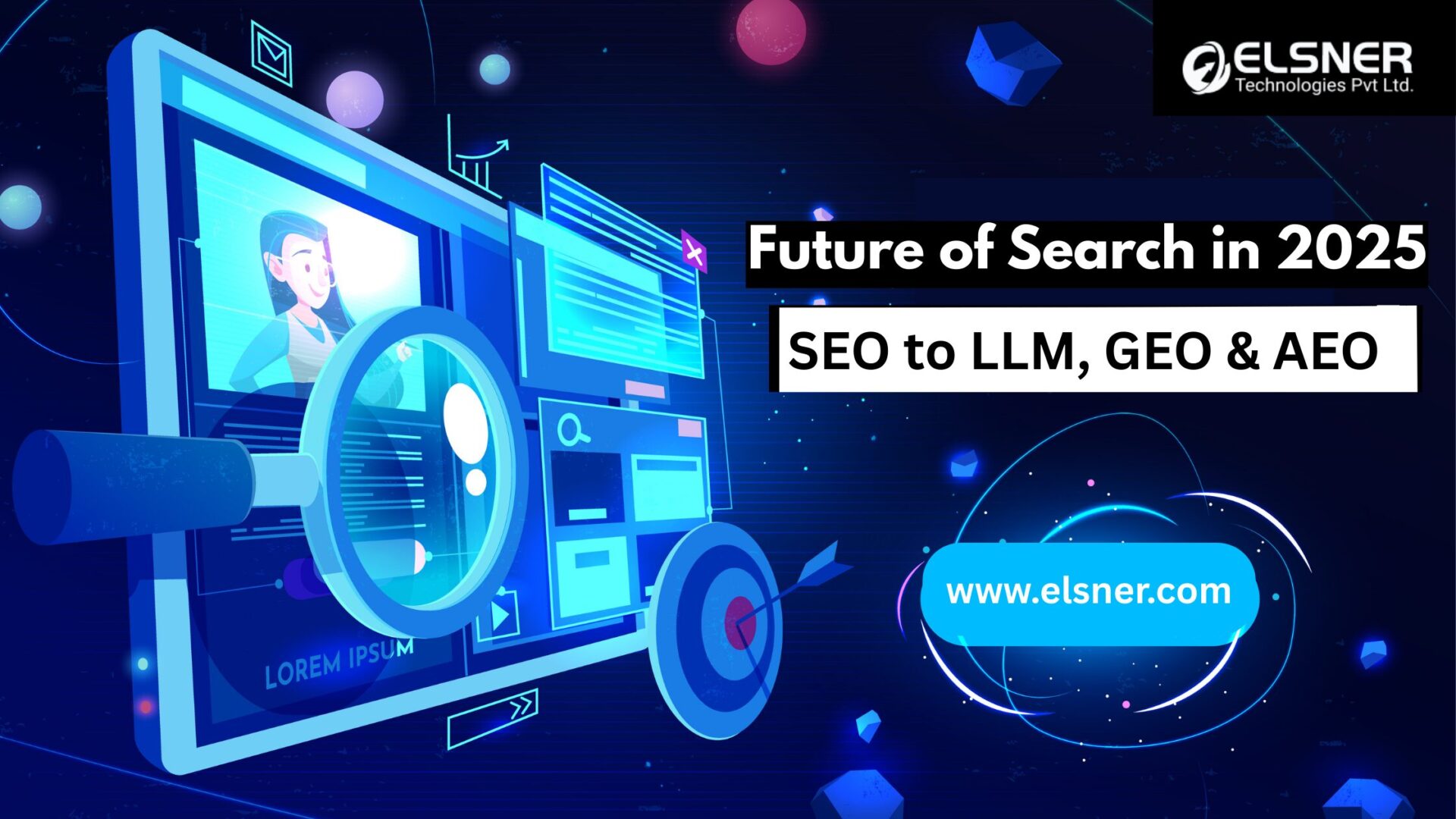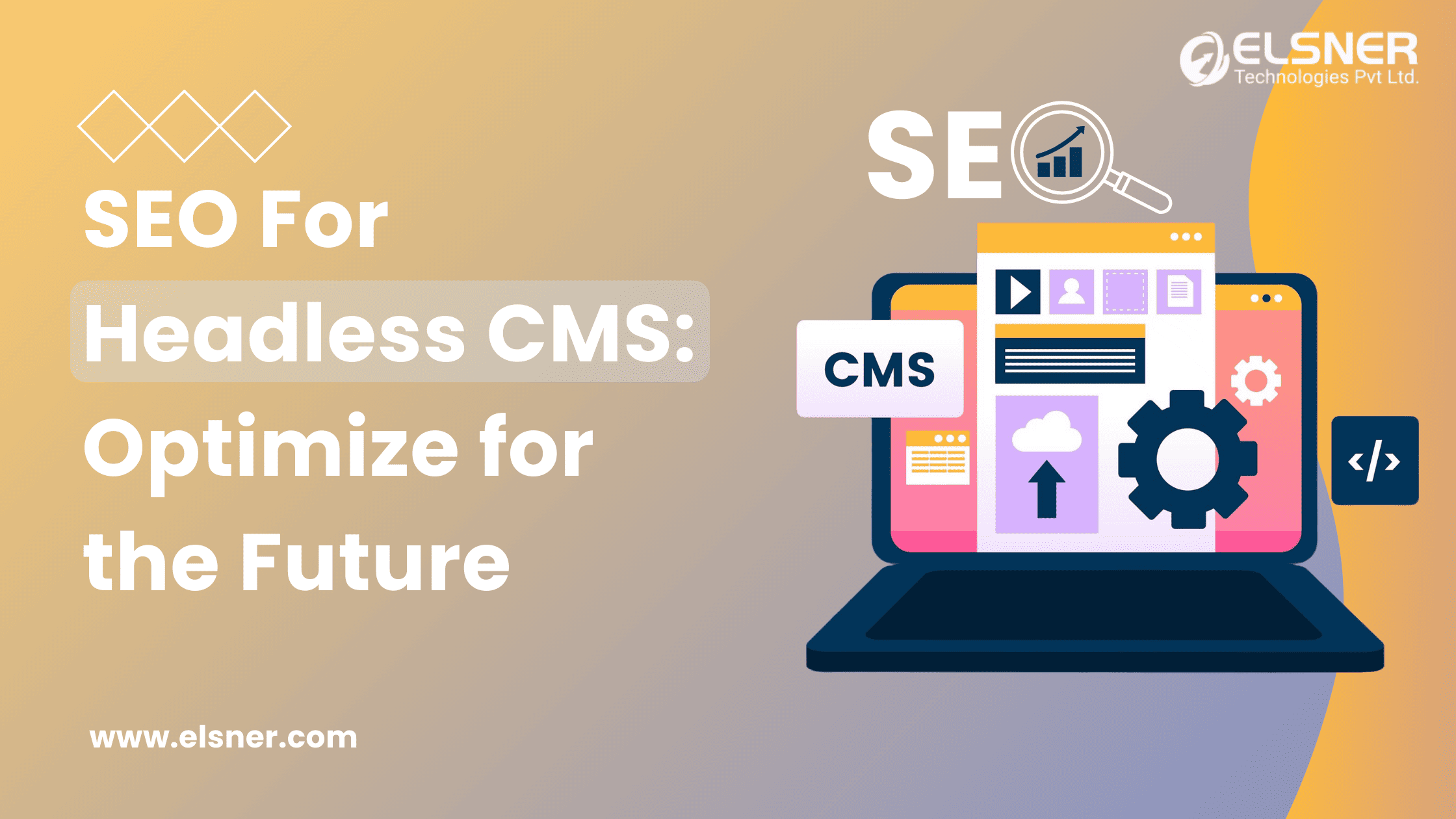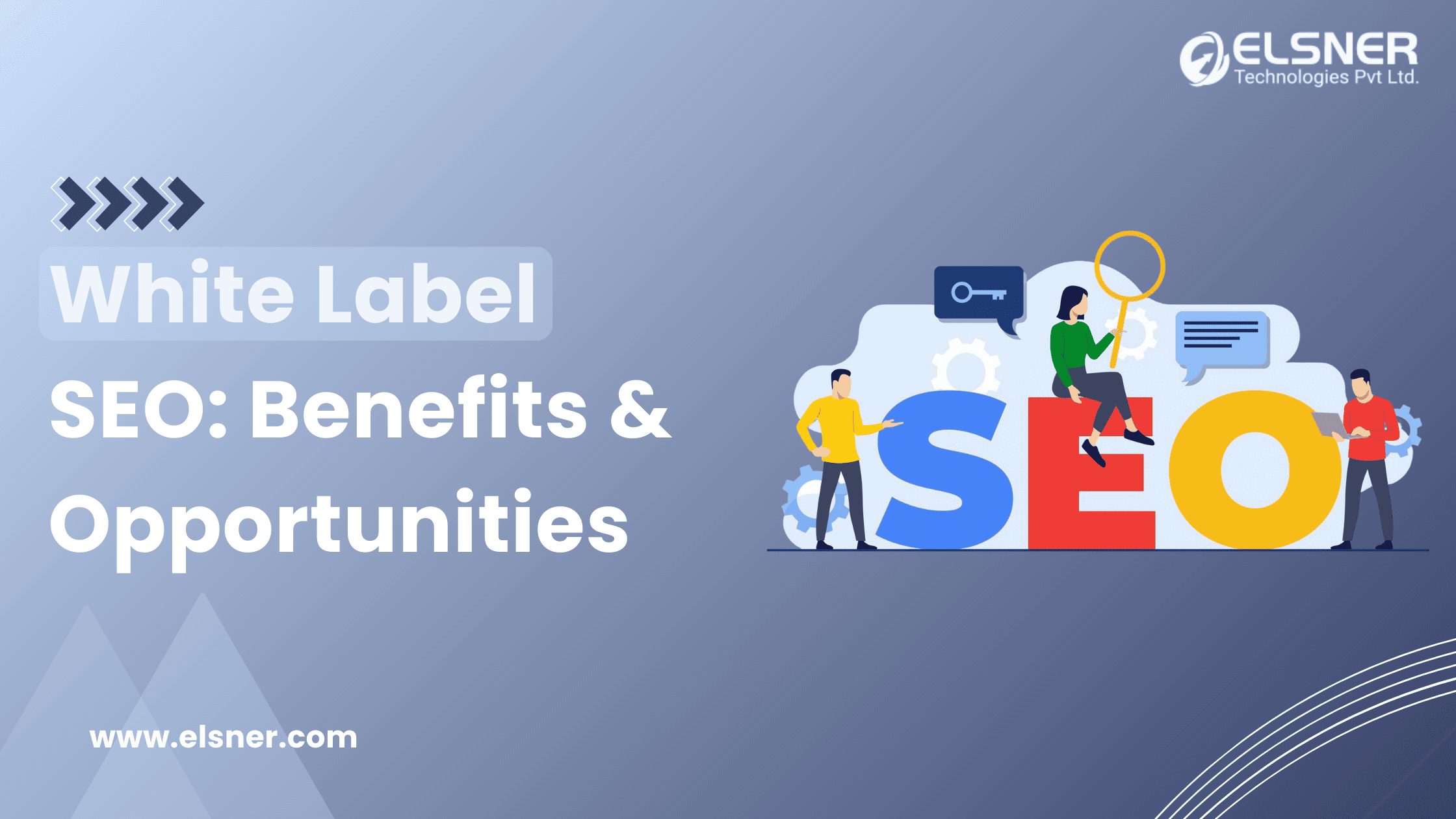- How The Search Functionality Got Here?
- The Early Days Were Simple
- Then Everything Started Changing: Evolution of SEO
- AI Took Over
- What LLM Optimization Really Means?
- Why Do AI Models Care About Different Things?
- How to optimize LLM performance?
- Use Structured Data Religiously
- Focus on Entities, Not Just Keywords
- Build Real Authority
- What is GEO (Generative Engine Optimization)?
- What GEO Actually Does?
- How Does It Differ From Standard LLM Work?
- Winning Generative Engine Optimization (GEO) Strategies for 2025
- Create Citation-Worthy Content
- Build Brand Recognition
- Balance Content Length
- What is Answer Engine Optimization (AEO)? Winning Without Clicks
- How Do Answer Engines Work Differently?
- Level Up Your Search Strategy
- Answer Engine Optimization (AEO) Strategies That Actually Work
- Structure Content Like Conversations
- Optimize for Knowledge Graphs
- Perfect the Conversational Tone
- Traditional SEO vs LLM Optimization vs GEO vs AEO
- Where Search Is Headed in 2025?
- The Hybrid Future
- How Different Optimization Types Work Together?
- What’s Coming Next? Evolution of SEO and AI Search
- The Bottom Line
- FAQS
- Q. What is the difference between GEO and AEO?
- Q. Why is AI SEO Optimization important in 2025?
- Q. Will traditional SEO still matter in 2025?
- Q. Where to find best LLM optimization for AI visibility?
- Q. What’s the difference between traditional SEO and AI search optimization?
- Q. Where can I find the best resources for LLM optimization?
Search has changed a lot. Remember when stuffing keywords into content actually worked? Those days are gone. Google’s algorithms have gotten smarter with SEO and AI Search.
Today, AI decides what people see when they search. ChatGPT answers questions directly, Google’s AI Overview summarizes multiple sources, and Bing Copilot generates comprehensive responses — that’s where our Generative Engine Optimization Services help your brand get discovered in these AI-driven results.
This AI SEO Optimization shift affects every business online. The old SEO playbook won’t cut it anymore.
How The Search Functionality Got Here?
The Early Days Were Simple
Back in the 2000s, SEO was straightforward. Find popular keywords. Use them repeatedly. Build some links. Watch rankings climb.
Search engines were basic. They counted keywords like a simple math problem. More mentions meant better rankings. This led to content that looked like this:
“Best pizza restaurant in Chicago. Our Chicago pizza restaurant serves the best pizza in Chicago. Visit our Chicago restaurant for Chicago’s best pizza.”
Then Everything Started Changing: Evolution of SEO
Google and online consumers got tired of low-quality content. Algorithm updates began targeting keyword stuffing. Penguin went after bad links. Panda punished thin content.
Mobile searches exploded. Google shifted to mobile-first indexing. Websites had to work perfectly on phones. Voice search entered the picture. People started asking Siri and Alexa complete questions instead of typing fragmented keywords. Optimizing with local SEO services has become essential for businesses that want to capture these “near me” searches and voice-driven queries.
AI Took Over
Now, AI models power search results. SEO and AI Search systems understand context and recognize intent. They connect information across topics.
Traditional ranking factors still matter. But SEO and AI Search systems look deeper. They evaluate content quality and assess author expertise. And then they determine whether information deserves trust.
What LLM Optimization Really Means?
It’s different from regular SEO. LLM Optimization targets large language models directly. These AI systems read content differently from traditional search crawlers.
Regular SEO focuses on:
- Keyword placement
- Meta tags
- Link building
- Technical site performance
SEO for Large Language Models prioritizes:
- Content comprehensibility for AI
- Factual accuracy and authority
- Clear information structure
- Entity relationships
Why Do AI Models Care About Different Things?
Large language models process entire contexts at once. They don’t just scan for keywords.
- They understand the meaning.
- They evaluate credibility.
- They connect concepts across paragraphs.
This means content needs genuine depth. Surface-level keyword optimization won’t work with SEO for Large Language Models. AI models can detect when content lacks substance.
How to optimize LLM performance?
Use Structured Data Religiously
Schema markup helps AI understand content context. Mark up articles, FAQs, reviews, and business information. AI systems rely on this structured information when generating responses. Leveraging structured data in AI search is key to making your content more discoverable and usable for generative engines.
Focus on Entities, Not Just Keywords
Write about people, places, organizations, and concepts clearly. Use consistent terminology. Define relationships between entities. AI models build knowledge graphs from this information.
Build Real Authority
AI systems evaluate content credibility constantly. Cite reliable sources. Reference expert opinions. Link to authoritative publications. Maintain factual accuracy across all content. Partnering with experts in Ecommerce SEO services can help ensure your brand builds long-term credibility in AI-driven search.
What is GEO (Generative Engine Optimization)?
What GEO Actually Does?
Generative Engine Optimization (GEO) targets AI systems that create search result summaries. Think Google AI Overview or Bing’s generated responses.
GEO means organizing your content in ways that make it easy for AI systems to find, understand, and cite when they’re answering people’s questions.
These systems pull information from multiple sources. They synthesize data into coherent summaries. They attribute sources appropriately.
How Does It Differ From Standard LLM Work?
GEO specifically aims for citation inclusion. When AI systems generate summaries, they choose which sources to reference. GEO makes content more likely to get selected.
Regular LLM optimization makes content AI-readable. GEO makes content AI-quotable.
Winning Generative Engine Optimization (GEO) Strategies for 2025
Create Citation-Worthy Content
Write clear, factual statements that AI can confidently quote. Avoid ambiguous language. State facts directly. Support claims with evidence. Professional content marketing services can help you create authoritative, citation-worthy content that AI systems are more likely to reference.
Build Brand Recognition
AI systems increasingly mention brand names in generated responses. Strong brand authority leads to more mentions. Consistent quality content builds this authority over time.
Balance Content Length
Long-form content provides comprehensive coverage. Short-form content offers quick answers. Both serve important roles in Generative Engine Optimization (GEO) strategies.
AI systems extract specific information from long content. They also value concise, direct answers for simple queries.
What is Answer Engine Optimization (AEO)? Winning Without Clicks
Answer Engine Optimization (AEO) is about making your content easy for AI assistants to find and share.
AEO involves formatting content so that AI-powered assistants (like Siri, Alexa, and Google Assistant) can extract and present it immediately.
How Do Answer Engines Work Differently?
Traditional search engines show website links. Answer engines provide direct responses. They synthesize information from multiple sources. They present unified answers instead of link collections.
Level Up Your Search Strategy
Traditional SEO alone won’t cut it in 2025. Learn how to combine LLM optimization, GEO targeting, and AEO to craft a future-proof strategy that drives real visibility and results.
Answer Engine Optimization (AEO) Strategies That Actually Work
Structure Content Like Conversations
Write FAQ sections extensively. Address common questions directly. Use natural language patterns. Think about how people actually ask questions.
Optimize for Knowledge Graphs
Google’s Knowledge Graph powers many direct answers. Create content that feeds this system. Use consistent entity naming. Establish clear fact patterns.
Perfect the Conversational Tone
AI systems often read content aloud through voice assistants. Write content that sounds natural when spoken. Avoid overly formal language. Use clear, simple sentence structures.
Traditional SEO vs LLM Optimization vs GEO vs AEO
| Aspect | Traditional SEO | LLM Optimization | Generative Engine Optimization (GEO) | Answer Engine Optimization (AEO) |
| Core Focus | Ranking web pages in SERPs | Making content readable & usable by Large Language Models | Ensuring content is cited in AI-generated summaries | Optimising for direct, AI-driven answers |
| Primary Target | Search engine crawlers (Google, Bing) | LLMs (ChatGPT, Gemini, Claude, etc.) | Generative engines (Google AI Overview, Bing Copilot, Perplexity) | Answer engines (voice assistants, AI chatbots, featured snippets) |
| Optimization Method | Keywords, backlinks, technical SEO | Entities, structured data, contextual signals | Authority building, brand mentions, citation-worthy content | Question-led content, FAQs, conversational optimization |
| Content Style | Keyword-rich, long-form blogs & landing pages | Semantic, trustworthy, structured for LLM comprehension | Balanced mix of long-form & short-form, designed for AI summaries | Direct, concise, conversational answers |
| Metrics of Success | SERP rankings, traffic, CTR | Inclusion in AI model knowledge & answers | Presence in AI-generated overviews & summaries | Visibility in zero-click answers, featured snippets |
| Future Relevance | Still relevant but limited to SERP results | Essential for AI-first search | Critical for brand visibility in AI responses | Key to capturing user queries in the zero-click era |
Where Search Is Headed in 2025?
The Hybrid Future
The Future of SEO 2025 combines old and new approaches. Traditional SERP rankings remain important for many queries. AI-generated responses dominate others.
Smart businesses prepare for both scenarios. They optimize for traditional search engines while ensuring AI systems can understand and cite their content.
How Different Optimization Types Work Together?
LLM Optimization creates the foundation. It makes content readable for AI systems. GEO builds on this foundation to target summary inclusion. AEO focuses specifically on direct answer scenarios.
These approaches overlap significantly. Content optimized for one often performs well in others. The key is understanding how each contributes to overall search visibility.
What’s Coming Next? Evolution of SEO and AI Search
AI search capabilities continue expanding rapidly.
- Visual search integration grows stronger.
- Voice queries become more conversational.
- Personalization reaches new levels of sophistication.
- Search interfaces will likely become more conversational.
Users will engage in back-and-forth dialogues with AI systems. Content that supports these extended interactions will gain advantages.
The Bottom Line
AI-powered search isn’t a distant future concept. It’s happening now. The Future of SEO 2025 belongs to businesses that understand this shift. They create content for both humans and AI systems. They build authority that transcends traditional ranking factors. They prepare for a search landscape where AI determines visibility.
The choice is simple: adapt or become invisible.
FAQS
Q. What is the difference between GEO and AEO?
GEO (Generative Engine Optimization) ensures your content is cited in AI-generated summaries, while AEO (Answer Engine Optimization) focuses on ranking for direct, question-led answers.
Q. Why is AI SEO Optimization important in 2025?
Because most search queries will be answered by AI systems, businesses must optimize content for AI search visibility instead of just traditional SERPs.
Q. Will traditional SEO still matter in 2025?
Yes—Traditional SEO vs LLM Optimization represents integration rather than replacement. SERPs will coexist with AI Overviews, so a hybrid SEO strategy is essential.
Q. Where to find best LLM optimization for AI visibility?
LLM optimization involves techniques for making your content more discoverable and useful when AI systems (ChatGPT, Claude, Perplexity) and other large language models process and cite your information.
Q. What’s the difference between traditional SEO and AI search optimization?
Traditional SEO focuses on:
- Keyword density and placement
- Meta tags and structured data
- Backlink profiles and domain authority
- Ranking for specific search queries on Google/Bing
AI search optimization focuses on:
- Content clarity and factual accuracy
- Direct answers to common questions
- Contextual relevance and semantic relationships
- Citation-worthy, trustworthy sources
Q. Where can I find the best resources for LLM optimization?
At Elsner we offer LLM optimized digital marketing solutions. Our experts draft content and optimize it in a way so that your brand doesn’t just get traditional ranking but is also aligned with GEO and AEO strategies.

About Author
Harshal Shah - Founder & CEO of Elsner Technologies
Harshal is an accomplished leader with a vision for shaping the future of technology. His passion for innovation and commitment to delivering cutting-edge solutions has driven him to spearhead successful ventures. With a strong focus on growth and customer-centric strategies, Harshal continues to inspire and lead teams to achieve remarkable results.




